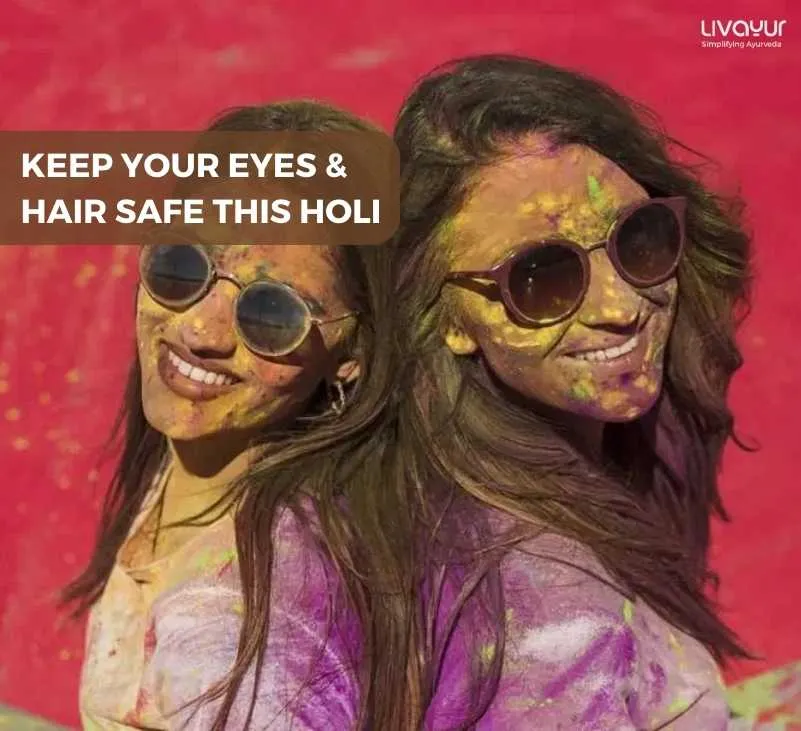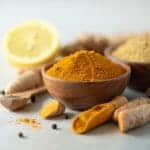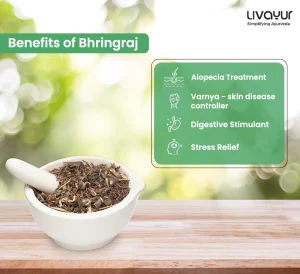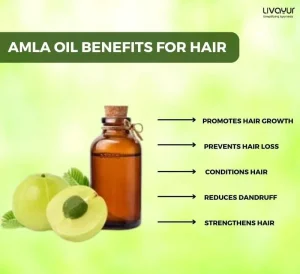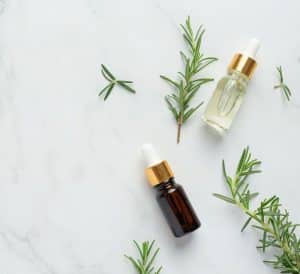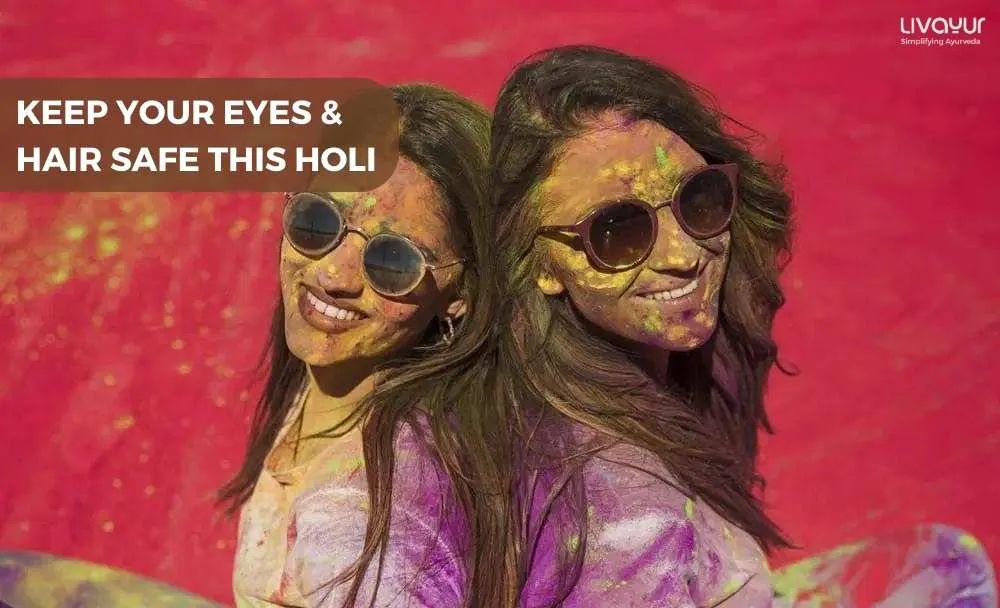
Holi is a festival that marks the onset of spring after winter. It is celebrated with colors to express joy, love, and happiness. Traditionally, Holi colors were made with natural herbs, such as hibiscus flowers, henna leaves, turmeric, saffron, sandalwood, etc. Most of these herbs came with therapeutic value in Ayurveda and were beneficial for your health. [4]
However, nowadays, most Holi colors are prepared with hazardous compounds like lead oxide, copper sulfate, mercury sulfide, mica dust, etc. [1] These chemicals make Holi colors extremely detrimental to your skin, hair, and eyes. [4]
After playing Holi with toxic synthetic dyes, many people suffer from unwanted skin and scalp issues such as eczematous lesions, itching, pain, burning sensation, and scaling. Even many eye-related issues like redness of the eyes, watering and grittiness are experienced by many. [5] Because of these issues, many people have now started avoiding Holi celebrations.
But festivals should be a time to celebrate without worry. Therefore, we have come up with some tips on Holi skincare, haircare, and eye care. By sharing these tips we intend to make your Holi safe, colorful, and vibrant.
Best Skincare Tips for a Safe Holi Celebration
- You must apply some skin-nourishing oil such as coconut oil or almond oil or some heavy cream or lotion to your skin before playing Holi. The oil or the lotion will act as a barrier between your skin and the colors of Holi
- Cover your body and skin adequately with enough clothing. Wearing full-sleeved tops, full pants, scarves, and hats will keep most of your body parts covered and will protect you from the chemical-loaded colors.
- Cleaning the skin immediately after playing Holi is crucial. Using a mild cleanser can clean your skin gently of all color residues and prevent skin irritation due to harmful chemicals. Using gram flour or besan for skin cleansing is the best thing as gram flour is an excellent natural cleanser and exfoliator. [7]
- Drink plenty of water. An effective skincare tip, it helps keep you hydrated and can help flush out the toxins that might have entered your body through the chemicals used in Holi colors.
- After skin cleansing, you must use natural aloe vera gel [3] or some high-quality moisturizer to soothe your skin. This is an important skincare tip because the Holi colors may dry out your skin and disrupt the skin’s normal pH balance. Using the moisturizer can help restore the skin’s lost pH balance.
- Some highly nourishing and all-natural ingredients may be used on your skin after removing all the colors. Papaya pulp, honey, milk cream, yogurt, and coconut oil [2] [3] may be used on the skin to banish the dryness caused by toxic chemicals in the Holi colors. These are skin-nourishing ingredients that can replenish the lost moisture and pH balance.
Best Hair Care Tips for a Safe Holi Celebration
- Avoid shampooing your hair a day before the Holi celebration. It will ensure that the natural oils stay on your scalp and serve as a protective barrier against Holi colors. The shield created by the natural oils present in your hair and scalp can help remove the Holi colors from your scalp easily after playing Holi. So, the question ‘how to remove Holi color from the scalp’ is answered for you.
- Oil your hair with generous amounts of warm coconut or almond oil [8], ideally a night before the Holi celebration. It will help create a protective shield on your scalp and strands and restrict colors from penetrating inside your hair follicles. You may also use a mix of jojoba and castor oil. This hair care tip will ensure that your hair doesn’t lose its color in the festival of colors.
- If you have a sensitive scalp or often suffer from hair problems, take a few drops of lemon juice and apply them to your scalp. Lemon juice helps protect your scalp from the harsh effects of the Holi colors.
- Before stepping into the Holi celebration, tie your hair or make a braid. It will prevent the chemicals of the Holi colors from reaching your scalp.
- After the celebration, wash your hair with cold water. The cold water helps to remove Holi colors effortlessly. You should also avoid using harsh shampoos and instead use herbal or mild shampoos to prevent further damage to your hair.
- After washing your hair, do not forget to moisturize them using some herbal or mild conditioner.
Best Eye Care Tips to Make Your Holi Safe
- Apply coconut oil or petroleum jelly beneath and around your eyes. It will act as a protective layer between the colors and the skin and also help you remove the Holi colors later. You can also rub a dash of baby oil on your eyelashes to protect them.
- Do not wear lenses during Holi celebrations. Instead, use sunglasses to protect your eyes from any sudden contact with colors.
- Wear a cap on your head or keep your hair tied to prevent water from your hair from reaching your eyes.
- Always make sure that your eyes are closed whenever colors are being splashed on you.
- If, in any case, colors enter your eyes, do not touch or rub them as it can cause irritation and may even result in vision loss. [4] Use clean water to wash off the colors, and if the irritation remains persistent, contact your doctor immediately.
Switch to Natural, Safe, Organic Colors!
The best precaution is to avoid using chemical Holi colors altogether and start playing Holi with organic and natural colors, just like in ancient India. These natural colors are usually made from herbs, flowers, fruits, and vegetables and are safe for your skin, hair, and eyes. [4]
Also, you may make your own Holi colors at home using natural ingredients like beetroot, neem, sandalwood, marigold, Parijat, Kesu, turmeric, or henna. These homemade natural Holi colors are not only safe but eco-friendly and cost-effective too. [4] Another brilliant idea is to play a safe Holi with colorful flower petals. In Vrindavan, it is still a practice to play Holi with floral petals. [6]
FAQs
1. Why is Holi celebrated with colors?
This question is rooted in our Vedas and ancient traditions. It was said that Lord Krishna, a reincarnation of Lord Vishnu had started this tradition of playing Holi with colours. The Lord used to play with his friends with colors in Gokul and Vrindavan. That is how the practice of playing Holi with colors started.
2. Who should not play Holi?
People with sensitive skin or the ones suffering from chronic skin issues such as eczema, psoriasis, and open wounds should not play Holi.
3. How to keep your baby safe during the festival of Holi?
Your newborn infant must be kept safe during Holi. Always keep the baby indoors because the loud music played during Holi may damage his or her eardrums. Also, the dry colors or Gulaal used during Holi may enter through your baby’s nostrils and cause serious allergies or respiratory issues.
4. Which sweet is famous during the festival of Holi?
Gujiyas, also known as Karanjis, are a famous sweet prepared in every Indian household during the festival of Holi. This is a crispy, deep-fried sweet drizzled with sugar syrup and filled with khoya.
5. What do the different Holi colors mean?
Holi is essentially the festival of colors. It is one of the most prominent Hindu festivals. The various colors used during Holi come with unique significance. The color red stands for fertility. The color yellow stands for turmeric, the chief Indian coloring spice. The color green stands for new birth or rebirth. The color blue symbolizes the Hindu deity, Lord Krishna.
Conclusion
Holi celebrations can often become a cause of worry because of these chemical-filled Holi colors. However, if you switch to organic colors and follow the above-mentioned Holi tips for skin and hair, and for eyecare, you can make your Holi safe and less stressful. Enjoy this Holi to your heart’s content without worrying about the damaging effect of Holi colors on your skin, hair, and eyes.
Disclaimer
This article is written from a health and wellness perspective and is not medical advice. Kindly seek the help of a certified medical practitioner before initiating any treatment.
References:
- A Study of the Levels of Some Toxic Substances present in Dry Holi Colours in Kolkata, India
- Potentiality of Papain as an Antiaging Agent in cosmetic formulation
- A REVIEW ON: HERBAL FACE SCRUB FOR SKIN EXFOLIATION
- Eco-friendly Holi using Natural Dye and Low Cost Filler Base
- The ′Holi′ dermatoses : Annual spate of skin diseases following the spring festival in India
- Moderation of eco-friendly trends in Indian festival; Holi
- In-House Preparation and Standardization of Herbal Face Pack
- Medicinal Benefits of Coconut Oil




